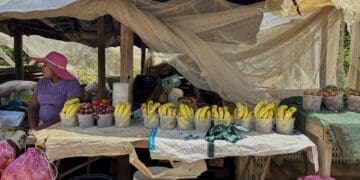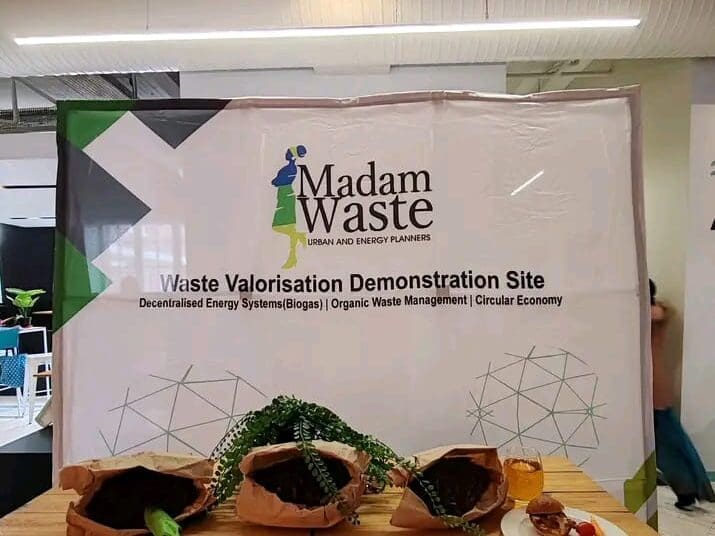Dr Gamuchirai Mutezo, founder of Madam Waste, has built a company that turns waste into value demonstrating that even in tough economic times, innovation can create revenue, jobs, and sustainability.
Between rising costs, weaker consumer demand, and limited access to finance, survival often depends on creativity, adaptability, and finding opportunity where others see decline.
Recent data from IOL highlighted that in July 2025, South Africa recorded 155 business liquidations, marking a 16.5% increase compared to July 2024. This uptick highlights the ongoing challenges within the business environment.
Additionally, formal small businesses experienced a 7% decline in value added in 2023, attributed largely to factors like load shedding and slow overall economic growth.
However, for some small businesses are finding ways to turn challenges into opportunities.
“The beauty about waste is that it can actually turn into new products,” said Mutezo during a recent Proudly South African webinar.
“Compost, biogas, briquettes even electricity can be generated from organic waste. Small businesses can create value where others see trash.”
Madam Waste runs a demonstration site in Irene, Pretoria, featuring small-scale bio-gas systems and in-vessel composters.
“We run this as a business so people can see it is possible to survive and grow within the green economy,” Mutezo said.
She explained that separation of material should be done intentionality.
“Separation at source is key. Once you separate, the value of that material increases. That’s where entrepreneurs can create products, services, and income streams along the waste value chain,” she said.
However, access to funding remains a critical hurdle for many small businesses. The Industrial Development Corporation (IDC) offers various financial products to assist entrepreneurs.
The IDC provides funding for start-ups and existing businesses, with loans ranging from R1 million to R1 billion, depending on the project’s scale and sector.
Mphethe Tau Stakeholder Relation executive from IDC Capital highlighted the BUSA Fund, a short-term funding solution for businesses in rural, peri-urban, and township areas.
“We provide loans from R250,000 to R5 million over 12 months,” Tau said. “The fund helps businesses with purchase orders, invoice discounting, working capital, bridging finance, or contract finance. If a business is based in or serves these areas, they qualify.”
Tau stressed the impact of the fund stating that it aims to fund all industries.
“Our goal is to ensure small businesses in under-served communities can stay operational and take advantage of growth opportunities. We fund all industries except what we call sin industries, so the focus is on practical, sustainable growth,” he added.































































